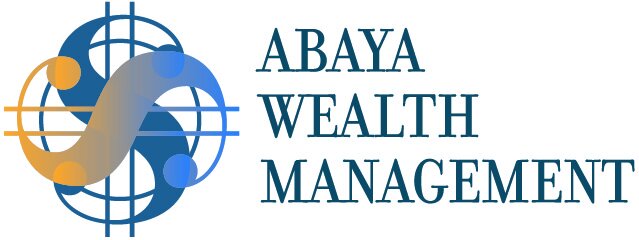Protecting Your Future: Awareness and Prevention of Social Security Scams
In today's digital age, scams have become increasingly sophisticated, preying on individuals' fears and vulnerabilities. Among the most concerning are those targeting Social Security beneficiaries. Social Security serves as a lifeline for many, providing financial security during retirement or in times of disability. However, scammers view it as an opportunity to exploit unsuspecting individuals.
Understanding Social Security Scams
Social Security scams come in various forms, but they typically involve imposters posing as representatives from the Social Security Administration (SSA). These scammers use a range of tactics to deceive individuals into divulging sensitive personal information or sending money.
One prevalent scam involves phone calls from someone claiming to be from the SSA. They may inform you of issues with your Social Security account, such as suspicious activity or eligibility concerns. They often use scare tactics, threatening legal action or suspension of benefits if immediate action isn't taken.
Another common tactic is phishing emails or text messages that appear to be from the SSA. These messages often contain links or attachments that, when clicked or downloaded, can install malware on your device or lead to fake websites designed to steal your personal information.
The Importance of Awareness
Awareness is the first line of defense against Social Security scams. Understanding how these scams operate and recognizing the warning signs can help individuals avoid falling victim. Here are some key points to remember:
1. Know the Signs: Be wary of unsolicited communications claiming to be from the SSA, especially if they request personal information or payment. The SSA typically communicates through mail and will never ask for sensitive information over the phone or email.
2. Verify the Source: If you receive a suspicious call, email, or message, don't provide any personal information or payment details. Instead, hang up and contact the SSA directly using the official contact information available on their website.
3. Stay Informed: Keep abreast of the latest scams and warnings issued by the SSA and other relevant authorities. Sharing information with friends and family can also help protect them from falling victim to scams.
4. Secure Your Information: Safeguard your Social Security number and other sensitive personal information. Avoid sharing it unnecessarily and be cautious when providing it online or over the phone.
Prevention Measures
In addition to awareness, taking proactive steps to prevent falling victim to Social Security scams is crucial. Here are some preventive measures you can take:
1. Enable Two-Factor Authentication: If your Social Security account offers two-factor authentication, enable it. This adds an extra layer of security by requiring a verification code in addition to your password when accessing your account.
2. Monitor Your Accounts: Regularly review your Social Security statements and financial accounts for any suspicious activity. Report any discrepancies or unauthorized transactions to the appropriate authorities immediately.
3. Report Suspicious Activity: If you encounter a Social Security scam or believe you've been targeted, report it to the Federal Trade Commission (FTC) and the SSA's Office of the Inspector General. Your report could help prevent others from falling victim to similar scams.
4. Educate Others: Spread awareness about Social Security scams within your family amd community, especially among vulnerable populations such as the elderly. Education is key to empowering individuals to recognize and avoid scams.
Protecting yourself from Social Security scams requires vigilance, awareness, and proactive measures. Remember, the SSA will never ask for your Social Security number over the phone or email, nor will they threaten you with legal action or benefit suspension. Stay alert and stay informed, your future depends on it.
